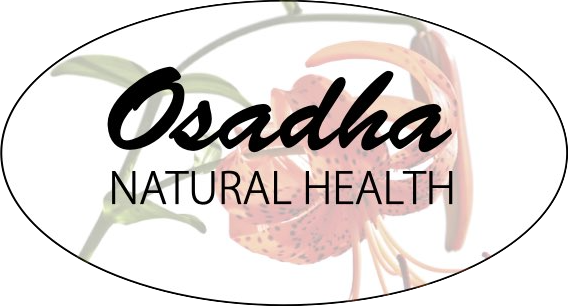Here are 3 tips to keep your pup’s lungs healthy:
1 – Healthy Lifestyle
- Provide a clean and safe-feeling sleeping place so that your fur friend is well-rested. (If your mutt’s like my old chihuahua that sleeps 22 hours a day, then the rest part is covered). But generally keeping the stress level down is as important for them as it is for us for overall health.
- Feed her good quality, nutrient-dense food. She can’t have a strong immune system without proper nutrition.
- Make sure Fido gets regular physical activity and play…same as we bipeds also need.
- Don’t sneeze on your dog or stick your hands in his face if you’ve just coughed or sneezed into your hands. (Actually, you should cough and sneeze into the crook of your elbow rather than your hands, since respiratory bugs are mostly spread by touch.)
- If you have more than one dog and one is sick, don’t let the sick one wander around your home spreading their respiratory bug. Keep her away from the other dog. But, keep her comfortable…it may be stressful to her for her normal routine to be changed, but it’s better than getting your other dog sick.
2 – Build resistance botanically
•Reishi (Ganoderma lucidum) – A supreme tonic in Traditional Chinese Medicine and one of my favorite all time botanicals. (I don’t say “herbs” because it’s a mushroom!). Great as a long term tonic to reduce the frequency of illness, but not for use during an actual respiratory infection. It can be resumed once your friend recovers.
•Astragalus (Astragalus membranaceus) – Another great tonic for vitality and for the immune system. A good long-term tonic, but like Reishi, shouldn’t be given during a cold or flu infection. The tradition in Chinese medicine is that tonics such as these may drive the pathogenic factor (in this case, a respiratory bug) deeper into the body.
3 – When your dog is sick
Echinacea (Echinacea angustifolia) – Anyone remotely herb-friendly knows Echinacea. But did you know it works for dogs, too? Echinacea helps reduce how long your four legged friend is sick and is also a good for prevention if either you or one of the dog park dogs are sick. reduce the duration of an illness, or prevent it altogether, if your pooch has been playing at the dog park with a sick friend or when it’s given at the first sign of the sniffles.
Elderberry (Sambucus species) – A good-tasting and effective cold and flu remedy that helps reduce symptoms and the duration of infection. It’s known from research studies to stop the flu virus from getting into cells to set up infection. If Elder happens to grow near you, make sure not to used the red-berried species.
Yarrow (Achillea millefolium) is another useful herb for respiratory support. It is strongly anti-bacterial, so may be helpful for bordatella or bacterial respiratory infections. Also, Yarrow may reduce some of the flu-induced malaise…tiredness and aches. Don’t use yarrow in pregnant or nursing animals.
Doggie dosing of herbs is going to depend on the specific form of the herb you use or the specific brand. A fantastic resource for proper dosing and contraindications of herbs in dogs is “All you ever wanted to know about herbs for pets.“ by Greg and Mary Wullf Tilford
~~~
Content © Dr. Anna Marija Helt, Osadha Natural Health, LLC. Permission to republish any of the articles or videos in full or in part online or in print must be granted by the author in writing.
The articles and videos on this website for educational purposes only & have not been evaluated by the Food and Drug Administration. This information is not intended to diagnose, treat, cure, or prevent any disease or to substitute for advice from a licensed healthcare provider.
